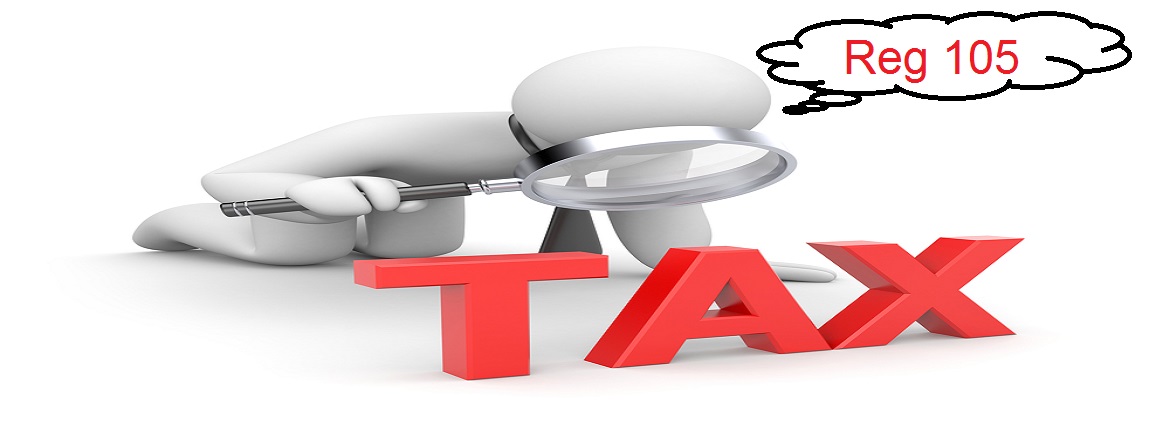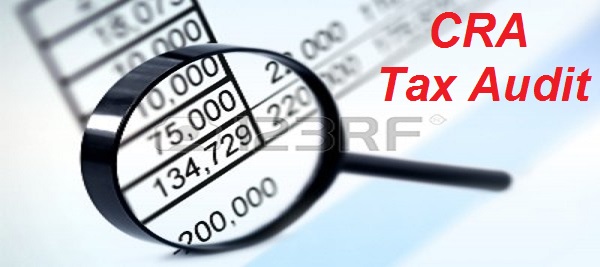The CRA is Not Always Right and Can Change its Mind Retroactively
Canada federal income taxes (both personal and corporate) and indirect taxes (i.e., goods and service tax) are levied under the provisions of the Income Tax Act and the Excise Tax Act. Provincial and territorial income and sales taxes are levied under various provincial statutes. Pursuant to tax collection agreements signed with all provinces and territories, except for Quebec, the federal government also collects the followings provincial income and sales taxes:
- personal income taxes – on behalf of all provinces and territories, except Quebec;
- corporate income taxes – on behalf of all provinces and territories except Alberta and Quebec.; and
- sales taxes – on behalf of five provinces, including New Brunswick, Newfoundland and Labrador, Nova Scotia, Ontario and Prince Edward Island
Thus, the federal and above-mentioned provincial taxes are administrated through a single administration and collection agency – the Canada Revenue Agency (“CRA”). As a federal and provincial tax administrator and collector, the CRA plays a critical role in enforcing all taxpayers to pay their Canadian taxes as required under the federal and certain provincial tax laws. The tax laws are very complex and subject to interpretation. In auditing and assessing the taxpayers, the CRA representatives follow internal administrative policies or published interpretation of legislated laws, which, in some cases, are not without disputes among the tax practitioner community. Thus, depending on the specific tax issues and the quantum of the taxes in dispute, it may sometimes pay for taxpayers to seek professional tax advices to challenge the CRA’s decisions.
Taxpayers Remained Liable for Tax (Plus Interest) Following Incorrect CRA Explicit Advice or Written Policy
The Court had previously said that the oral or written statement of law from the CRA “.. will not generally bind the Crown, nor can estoppel generally apply against the Crown as regard to positions of law”. Thus, not only that the CRA is free to change its “mind”, it may have to apply the changes retroactively! To add insult to injury, the taxpayers remain liable for any taxes owing under the law for non statutory-barred tax years, regardless of whether the taxpayers followed CRA explicit advice or written policy, as the Court’s “only jurisdiction is to apply and interpret the Act as written” if the taxpayers decided to take the case to the Court.
A recent article in the Globe and Mail concerning tax disputes between 350 managers at General Motors of Canada Ltd. (“GM”) and the CRA [Szymczyk v. Canada 2013 FC 1219] has sparked a lively discussion in the online community. In that particular case, based on a letter from the CRA dated September 7, 1982, GM had calculated the manager group’s automobile taxable benefits exactly as required by the CRA for the last 30 years. Unfortunately, in its 2012 audit, the CRA no longer liked that methodology set out in its 1982 letter and reassessed all of the affected 350 employees retroactively back to 2008 based on their new policy. While not disputing the CRA’s right to change the methodology prospectively from 2012, GM applied to the Federal Court for judicial review of the decision by the CRA to apply the change retroactively in the face of its own specific and detailed letter setting out the methodology that GM was to follow. The case is currently under appeal to Federal Court of Appeal as the Federal Court has dismissed GM’s claim on the basis that it lacked jurisdiction to review such decision.
Potential Relief
If applicable, a taxpayer may seek relief from penalties and interest under the taxpayer relief provisions. Information Circular IC07-01, “Taxpayer Relief Provisions”, states that interest and penalties may be waived where there are errors in CRA materials that are available to the public.
Relief from penalties, interest and taxes may be obtained by applying for a remission order under the Financial Administration Act, RSC 1985, c. F-11. A remission order is a remedy that is available to taxpayers where attempts at obtaining relief from tax liability through the typical channels have been exhausted or are otherwise unavailable. As stipulated in a CRA internal document, remission orders will only be recommended by the Minister in the following circumstances:
- unintended results of the legislation;
- financial setback coupled with extenuating factors;
- incorrect action or advice by CRA officials; and
- extreme hardship.
Generally, it is very difficult to obtain a remission order. In order to ensure that the application is considered, the applicant must demonstrate that it has exhausted all other remedies and the application should specifically focus on the four categories described above. The Court had also said that remission remains an exceptional measure and that the public interest demands that relief not be granted lightly.
We Can Help
We are a Toronto Chartered Accountant firm with 20 years of specialized experience in Canadian domestic and international taxation. We can assist with
- Cross border taxation;
- Business and succession planning;
- Canadian personal and corporate tax returns;
- Corporate tax planning and reorganization;
- Retirement planning;
- Estate planning and inheritance tax advice; and
- Tax audit dispute and resolution.



